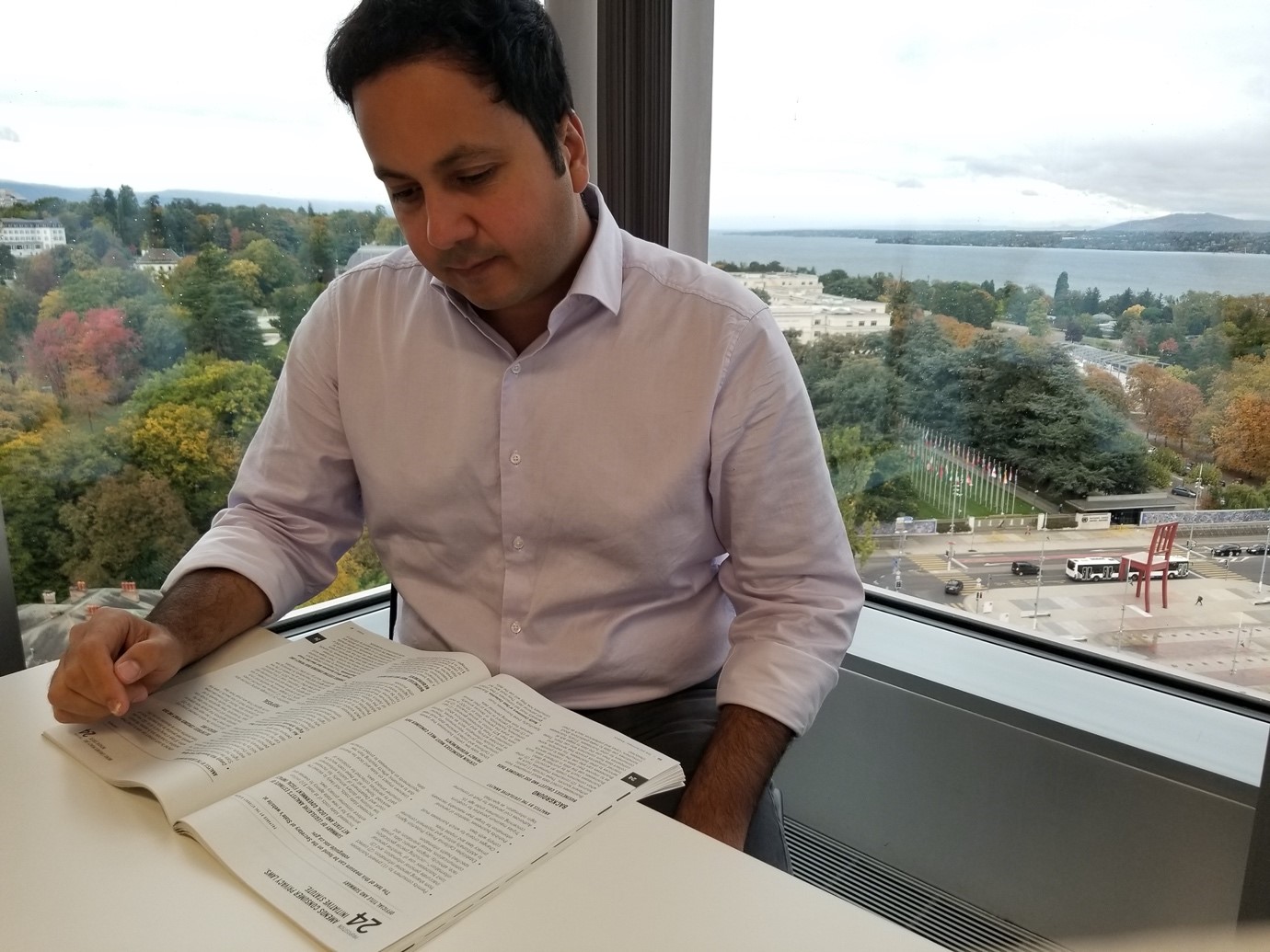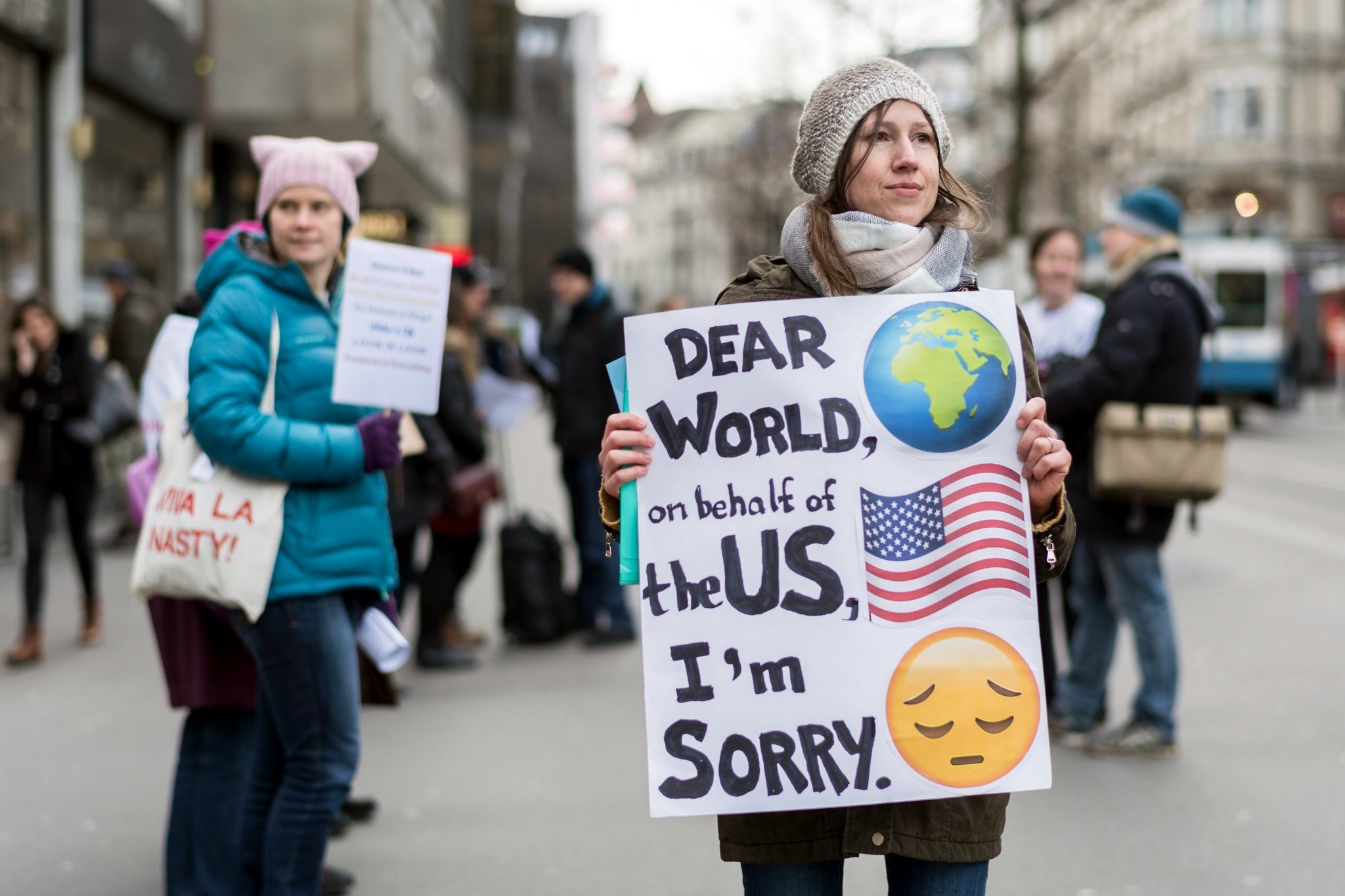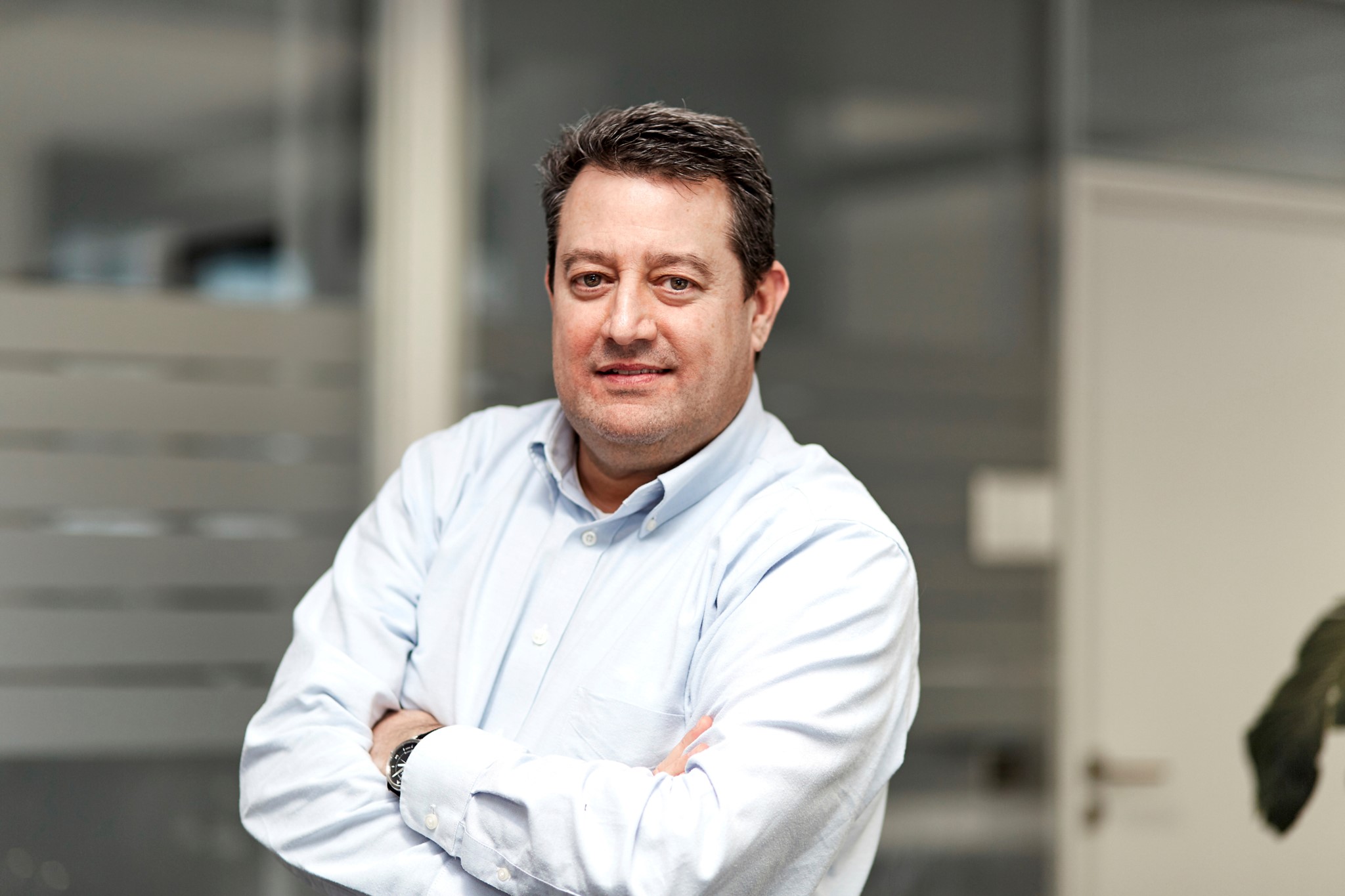US vote 2020: the most global local election ever?

What looks like a national race to choose the next US president is in fact a worldwide mega-vote, coordinated at the county level and supported by a web of participatory structures.
One way to approach this year’s election in the United States is to visit a couple of places from where the gigantic democratic exercise is run – something which I managed to do before the pandemic put a stop to global travel earlier this year.
First stop: 1050 First Street NE in Washington DC, where an inconspicuous multi-storey building, trapped between a self-storage hall and a bus station, bears the reluctant sign “Federal Election Commission” (FEC).
Normally this building would be at the centre of efforts to coordinate such a national vote – which features thousands of important elections and referendums (see box). This year however, the authorityExternal link that was established in 1974 after the Watergate scandal will play a minimal role. In fact, the FEC has not even met for over a year, since US President Donald Trump has failed to nominate candidates for three vacant positions in the six-member commission.
And in order to have a valid meeting you need four members…
Where the counting happens
Across the US, there are local offices and networks taking up the work of guaranteeing a free and fair election. One of those is in Norwalk, California. The suburb of Los Angeles, which used to belong to Shoshone Native Americans, then Spanish missionaries and then sugar beet farmers, is one of 88 cities in Los Angeles County. Here, thousands of residents live in low-rise homes and spend hours shuttling back and forth to work and school, gridlocked on the gigantic freeways that crisscross this municipality of 100,000 citizens.
On November 3, it’s not just the next US president – an office for which there were originally 1224 official candidatesExternal link – that will be decided. Many other offices are also on the ballot: 33 senators (one-third of the total) and all 435 members of Congress are up for vote, as are 11 state governors, seven state secretaries, ten state attorney generals, 11 state governments, 68 state legislative chambers, 120 state-wide initiatives and 32 state-wide referendums. Thousands of local initiatives and referendums, mayoral elections and recalls, city governments, school boards and other offices will also be decided. BallotpediaExternal link details all of the races and ballot measures across the country.
While houses, gas stations and shopping malls look similar all over southern California, one building stands out in the middle of Norwalk: the LA Registry, a yellow eight-storey cube, where official records are kept for more than ten million people. “From here we can see helicopters flying the ballots in on election night,” said county clerk Dean Logan, sitting in a top-floor office with great views of downtown LA and the nearby Hollywood hills, when I visited him pre-Covid.
No doubt, the Federal Election Commission, if properly staffed and resourced, could and should do a great job in securing the constitutionally guaranteed universal suffrage provisions. But the real heroes of this mega-election – beyond all participating citizens – are people like Logan and the other 3,000-odd city clerks around the country. They are the real spiders in the democratic web, leading the task of registering and counting every vote, and offering more Americans than ever before the opportunity to vote by mail amid a global pandemic.

More
Is the time ripe for national referendums in the US?
Voting from space – and Switzerland
Taking a closer look at the 2020 election displays instead a fascinating participatory and truly democratic infrastructure, organized locally but available even beyond the confines of this planet. Last week, astronaut Kate Rubins delivered her votes to the authorities in her home of Houston County, Texas from her current address: “low-earth Orbit” at the International Space Station. The legal framework and infrastructure to participate from space was established 25 years ago, explains the US space agency NASA in this postExternal link.
“If I can vote from space you should certainly be able to do exactly that on earth,” said Rubins proudly.
Even more important is the global participatory infrastructure provided by counties on the ground. Votes in the past have shown that US voters abroad can be decisive: for example, the New Hampshire Senator Maggie Hassan was voted in by a margin of just 1,017 ballots in 2016; the number of votes that came in from abroad was 5,904.
And so, some 408 kilometres beneath the ISS and almost 10,000 kilometres east of Norwalk, California, I am getting in touch with one of Dean Logan’s five million voters: Farid Enrique Ben Amor. Four years ago, the former Hollywood film distributor with Hispanic and Arabic roots moved to Switzerland. Now he sits in his Geneva office, which overlooks the United Nation’s European headquarters, studying the 112-page voter pamphlet (“Official Voter Information Guide”)External link provided by the California Secretary of State. He is also examining information materials provided by LA County.

“It’s great that you can make all these decisions even when you’re far from home”, Farid Ben Amor says. He adds: “This year I can also vote on 12 state-wide initiatives and referendums in California and two issues in Los Angeles.” He says he is particularly excited about one of them, a proposal to create the California Privacy Protection Agency, a body that would put California ahead of Europe’s General Data Protection Regulation in the “privacy game”.
As a Swiss citizen living abroad, I am familiar with the problems faced by many of my fellow emigrant citizens in voting. I ask Ben Amor how sure he can be that his ballot will arrive in time in order to be counted. “No problem at all,” he answers, explaining that all US representations – like, for example, the consulate in his new home of GenevaExternal link – offers “secure” weekly ballot transfers, and that he gets a confirmation message from his county – in this case Dean Logan’s office in L.A. County – when his votes have been received.
And indeed, a few days after our conversation he forwards me a copy of an email:
“Hello FARID BEN AMOR. This is a message from the Los Angeles County Registrar of Voters. Your ballot for the 2020 General Election was received and will be counted. Thank you for voting!”
Participation record
This is a level of participatory support which most people living in electoral jurisdictions outside the United States are not used to, even in democratically mature countries like Switzerland, where another promising channel, e-voting, has been put on hold.
Indeed, what differentiates this American election is the provision of so many different voting channels, including postal, electronic, fax, diplomatic courier, early voting and traditional polling stations. So, while the results of the many elections and referendums may be hard to predict, it is already clear that voter participation this year will break records.
One week before the November 3 deadline almost 70 million Americans had already cast their votes – up from 40 million at the same moment four years ago.

In compliance with the JTI standards
More: SWI swissinfo.ch certified by the Journalism Trust Initiative











You can find an overview of ongoing debates with our journalists here . Please join us!
If you want to start a conversation about a topic raised in this article or want to report factual errors, email us at english@swissinfo.ch.